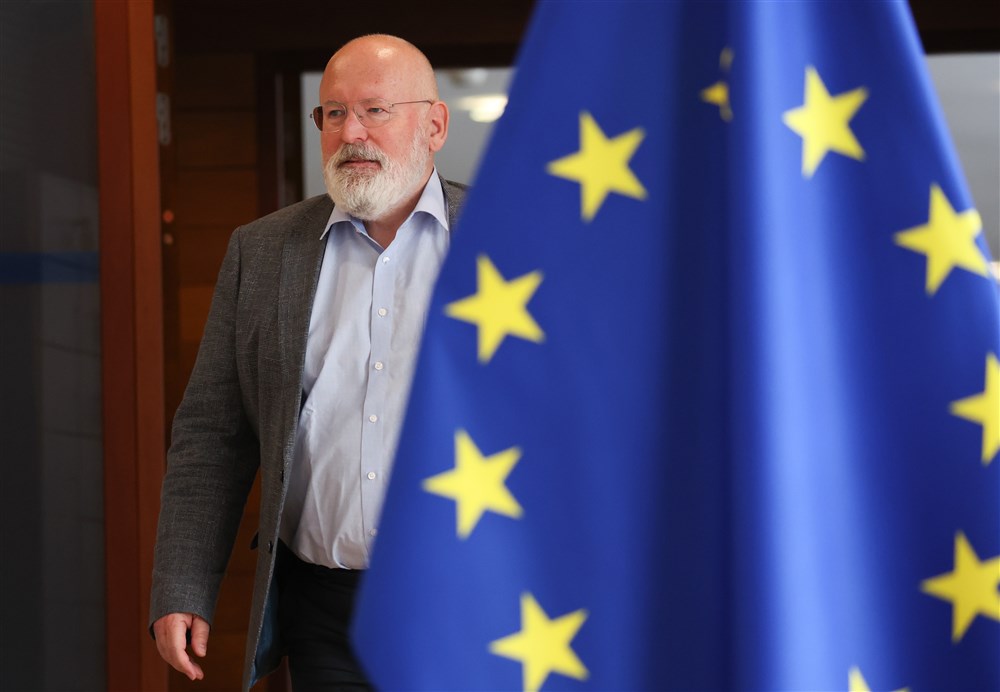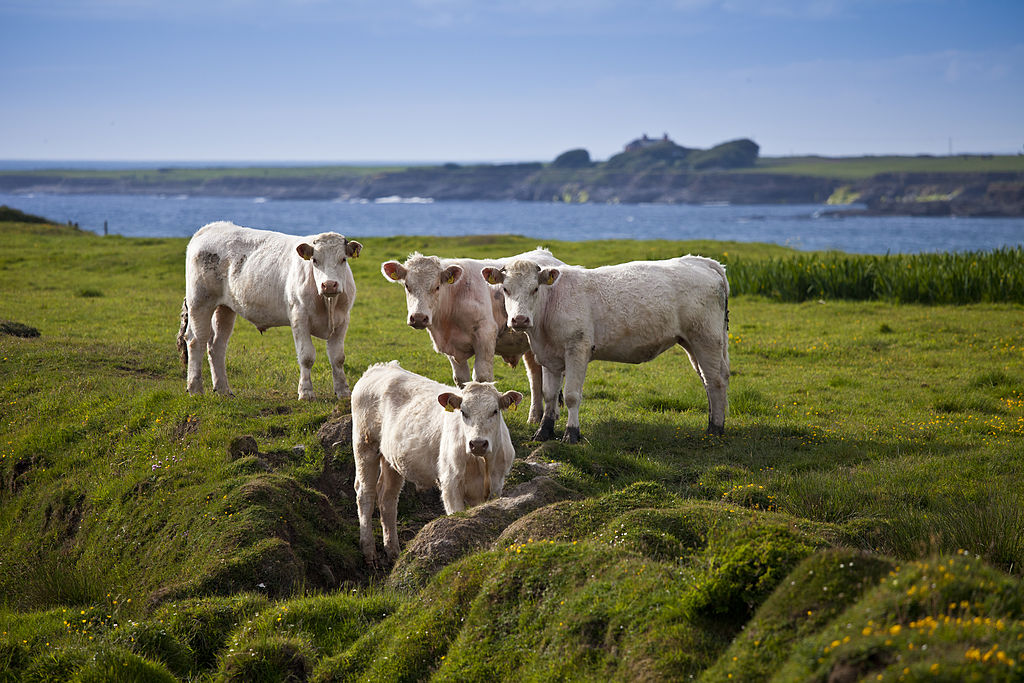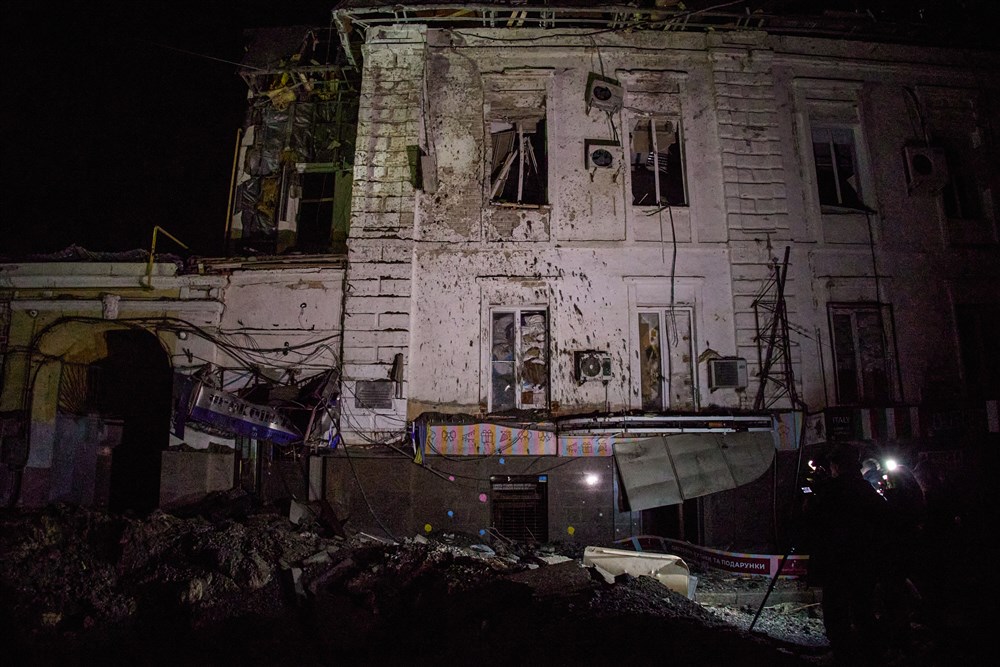Frans Timmermans, Vice-President of the European Commission and a lead advocate for the European Green Deal, is facing a barrage of criticism after connecting a deadly summer storm in the Netherlands directly with climate change.
On July 5, there was a major storm in the country, dubbed “Storm Polly”. The violent weather brought down trees, one of which fell on a car, killing a woman passenger.
“It’s all to do with climate change,” Timmermans said. “If we want examples of how urgent it is, we only have to look outside.” He cited the 51-year-old woman’s death to push for a European day of remembrance for so-called “climate victims”.
His response was deemed offensive by many who said that, rather than offering condolences to the woman’s family over the tragedy, he seemed to connect it with his own political agenda.
The European Green Deal is a package of policy initiatives that aims to set the European Union on the road to a ‘green transition’, with the ultimate goal of reaching so-called climate neutrality by 2050.
On the day of Storm Polly, Timmermans launched his proposals for new European rules on textile and food waste, and soil pollution. In addition, the Dutch Socialist politician wants to relax rules regarding the genetic modification of crops, claiming such techniques can help make them more resilient to climate change and pests.
But following his comments he faced condemnation for connecting a weather incident with climate change. The Dutch newspaper De Telegraaf quoted experts calling it “nonsense”. The science editor of another publication, De Volkskrant, said the storm was by no means clearly linked to climate change.
Nee hoor @franstimmermans. Storm #Poly is nou net weer níét 'clearly linked to climate change'.
Hoe denk je de mensen mee te krijgen, met dit soort jokkebrokjes? #klimaatverandering ? pic.twitter.com/c8ekf7krPr
— Maarten Keulemans (@mkeulemans) July 5, 2023
On social media, negative sentiment rained down on Timmermans, with some accusing him of using the death of the woman to promote his personal political wishes, calling his comments “opportunist”, “low”, “shameful” and “amoral”.
The Conservative Dutch politician Wybren van Haga said his response was “sad and lacked respect” towards the bereaved.
Belgian MEP Tom Vandendriessche, of the ID-Group, went so far as to say on social media: “We may gradually start to question the psychological stability of the climate pope”.
In Western Europe, severe storms typically occur between October and April but summer storms such as Polly are not unique events. In July 2021 there were a series of weather events resulting in significant rainfall and flooding. In July 2015, meanwhile, there was an especially heavy storm in the Netherlands, causing extensive damage and two deaths.
Going back much further, in August 1848 there were violent, heavy storms in Europe – before climate change was even a consideration. Before that, the storms that caused the sinking of the Spanish Armada in 1588 also took place in the summer.





